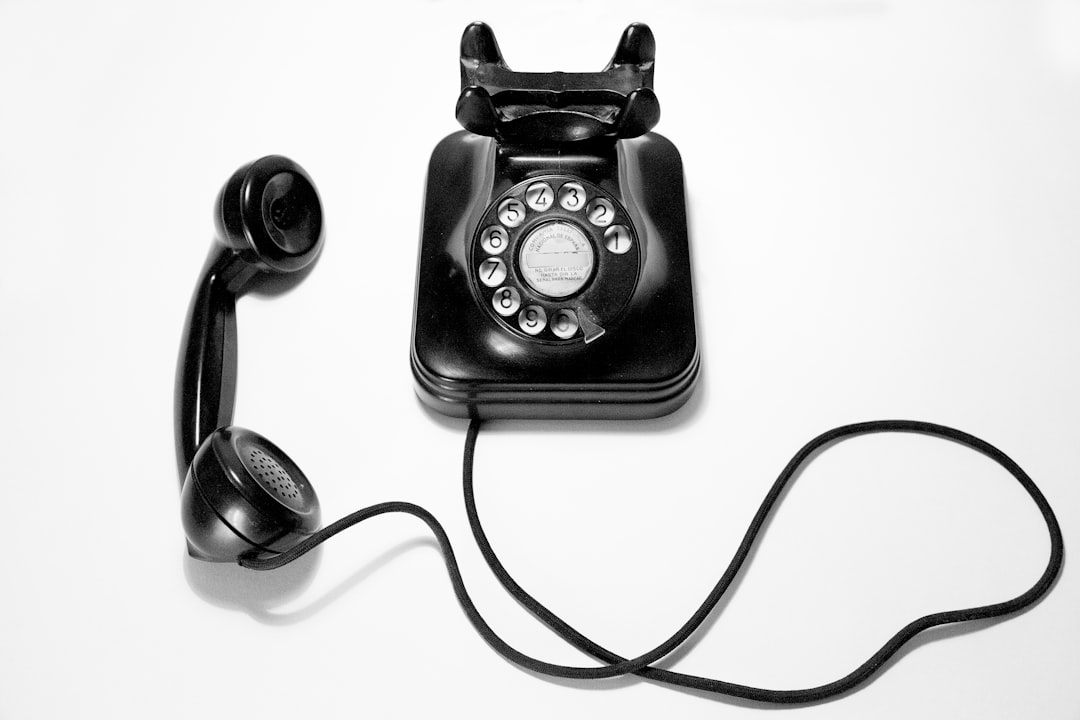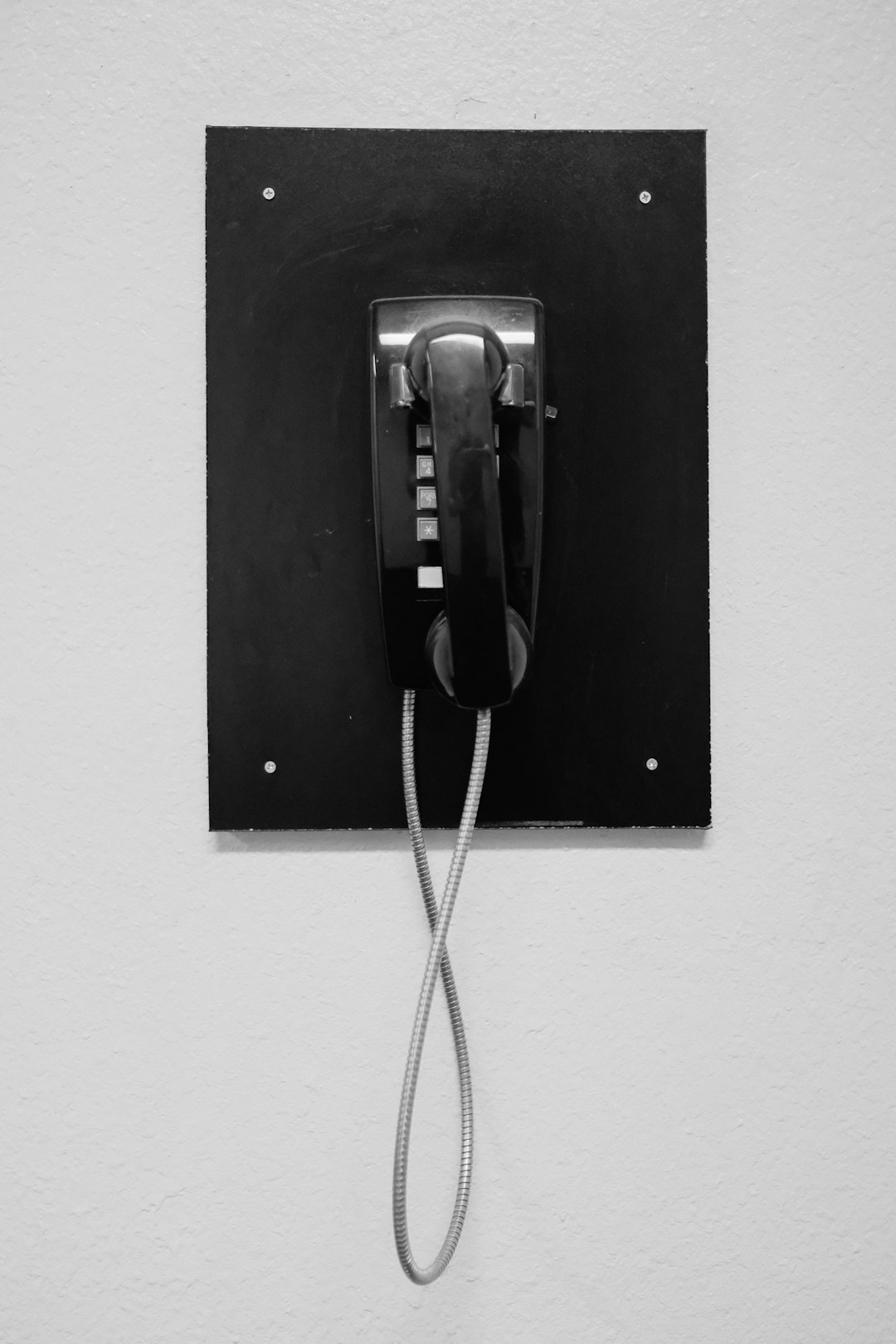In today's digital era, businesses in New Jersey relying on autodialing systems for customer outreach must navigate complex telemarketing laws to avoid hefty fines and reputational damage. Specialized autodialer lawyers are crucial for ensuring compliance with the Telephone Consumer Protection Act (TCPA) and state regulations, offering guidance on consent, do-not-call lists, and caller ID accuracy, thus protecting businesses from legal repercussions and fostering positive customer relationships.
In the digital age, businesses increasingly rely on autodialing technologies to reach customers. However, navigating the legal ramifications of this practice can be complex, especially within the stringent regulatory environment of New Jersey. This article explores the intricate relationship between autodialers and the law in New Jersey, focusing on understanding autodialing, its implications for businesses, and strategies for ensuring compliance to avoid potential liability. Seek guidance from experienced autodialer lawyers New Jersey to stay ahead of these evolving legal challenges.
Understanding Autodialing and Relevant Laws in New Jersey

In today’s digital era, businesses often turn to autodialing systems to reach potential customers and clients. Autodialers are software or hardware tools that automate the process of making outbound phone calls, allowing for quick and efficient marketing or sales outreach. However, navigating the legal landscape surrounding autodialing can be complex, especially in New Jersey. Understanding the state’s regulations is crucial for businesses seeking to utilize this technology without facing legal repercussions.
New Jersey has specific laws governing telemarketing practices, including the use of automated dialing systems. The state’s Attorney General’s Office outlines that autodialers must comply with the Telephone Consumer Protection Act (TCPA) and other relevant legislation. These laws protect consumers from unsolicited calls and provide guidelines on consent, do-not-call lists, and disclosure requirements for businesses using autodialers. Engaging the services of experienced autodialer lawyers in New Jersey is essential to ensure compliance and mitigate potential legal risks associated with automated calling practices.
Legal Implications for Businesses Using Autodialers

In New Jersey, the legal implications of using autodialers for telemarketing or marketing purposes can be complex. Businesses employing autodialing technology must navigate a series of regulations designed to protect consumers from unwanted phone calls. Violations can result in significant fines and damage to a company’s reputation. Autodialer lawyers in New Jersey play a crucial role in guiding businesses through this regulatory landscape, ensuring compliance with the Telephone Consumer Protection Act (TCPA) and state-specific laws.
These legal experts help businesses establish safe practices for autodialing, including obtaining proper consent from callers, maintaining accurate call records, and implementing systems to prevent automated calls from being made to individuals who have requested not to be contacted. By consulting with autodialer lawyers, New Jersey businesses can protect themselves from legal repercussions and maintain a positive relationship with their customers.
Navigating Compliance and Potential Liability in New Jersey

In New Jersey, businesses utilizing autodialers for marketing or communication purposes must navigate a complex web of regulations to ensure compliance and avoid potential liability. The state’s strict consumer protection laws, such as the Telephone Consumer Protection Act (TCPA), place significant restrictions on automated dialing activities. Violations can result in substantial fines and damage to a company’s reputation. To stay compliant, businesses should consult with autodialer lawyers in New Jersey who specialize in these regulations to ensure their practices align with legal requirements.
Autodialer lawyers play a crucial role in guiding companies through the intricacies of TCPA compliance, including obtaining proper consent, adhering to do-not-call lists, and ensuring accurate caller ID information. They also assist in managing potential liabilities by drafting comprehensive privacy policies, providing training on best practices, and representing clients in case of legal disputes or enforcement actions by consumer protection agencies. With the ever-evolving landscape of telecommunications regulations, working with expert legal counsel is essential for businesses seeking to use autodialers effectively while staying within the boundaries of the law.






